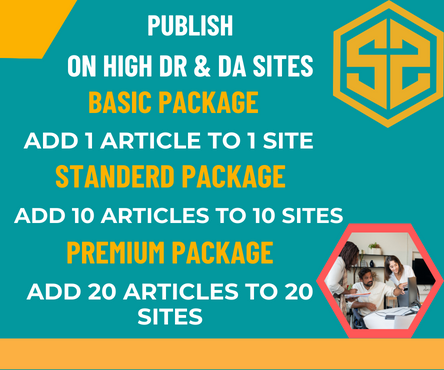Overview
Forklifts are indispensable in many sectors of the economy because they make heavy lifting and transporting easier. However, in order to guarantee both the operator’s safety and the effective handling of materials, operating these strong equipment calls for specific skills and understanding. A key element of workplace safety is forklift training, which equips operators with the know-how to overcome obstacles and avoid mishaps. Forklift Training Near Me
Prioritising safety
Setting safety first at work is one of the main goals of forklift training. Forklifts can be dangerous if not used properly because of their capacity to lift large objects and manoeuvre in confined places. Essential safety procedures, including load balancing, comprehending load capacity, and appropriate stacking strategies, are included in training programmes. Operators lower the risk of accidents and injuries by learning how to recognise possible dangers and how to react in an emergency.
Respect for Regulations
Proper forklift operator training is required by industry standards and government laws. Adherence to these guidelines is not only mandated by law but also a vital measure in upholding a secure workplace. Programmes for training forklift operators are made to either meet or beyond legal requirements, guaranteeing that operators possess the abilities and know-how needed to operate the machinery effectively and securely.
Enhanced Efficiency in Operations
Increased operating efficiency can be attributed to well-trained forklift operators. Preventive maintenance, load handling skills, and navigating through confined places are all covered in training programmes. With this knowledge, operators can traverse their work environment more precisely, which lowers the risk of mishaps and damage to items. Enhanced productivity and a more seamless workflow occur in the workplace when efficiency is increased.
Mitigation of Risk
Serious injuries, property damage, and even fatalities can result from forklift accidents. Training courses concentrate on risk reduction techniques, instructing operators on how to reduce possible hazards. This entails being aware of the forklift’s blind spots, operating lights and horns appropriately, and maintaining appropriate lines of contact with nearby employees. Forklift training contributes to the creation of a safer working environment for all parties by addressing and reducing risks.
Equipment Durability
Working a forklift correctly is not just about safety; it also helps the equipment last longer and function at its best. Preventive maintenance procedures are included in forklift training, which teaches operators how to examine the equipment, spot possible problems, and carry out regular maintenance. This information not only increases the forklift’s longevity but also decreases downtime from unplanned malfunctions. Online Forklift Certification Course
In summary
An essential part of maintaining operational effectiveness and worker safety is forklift training. Businesses can guarantee the longevity of their equipment, lower the chance of accidents, and establish a secure atmosphere by equipping personnel with the required skills and knowledge. Purchasing forklift training not only complies with legal requirements but also fosters a responsible and safe work environment. In the end, forklift training has a favourable effect on the entire company in addition to the operator.

